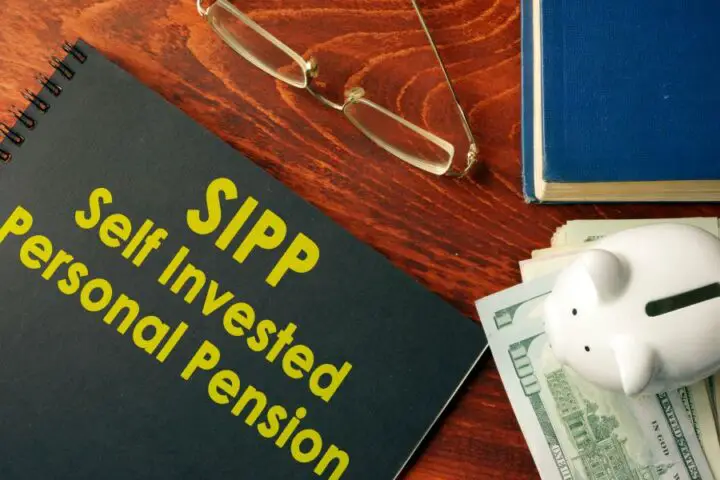Everything You Need To Know About Mis-Sold Pensions

Over the last few years, the number of individuals claiming compensation for mis-sold pensions has increased tremendously. The amount of money involved in these scams is huge and the number of people affected is shocking. This is why you should be aware of every pension scheme to avoid being on the losing end.
This article discusses what you need to know about mis-sold pensions, how it can happen, and whether you are eligible to make a claim. It also gives you tips on what you need to do to get back the compensation.
What are Mis-Sold Pensions?

With life expectancy continually going up, it is essential to have some form of a pension plan. It helps you enjoy a long retirement without struggling to look for alternative income. To do that, you will be required to pay for a retirement pension with funds invested in stocks and shares.
Unfortunately, many people have been convinced to invest their funds in unwanted investment schemes via mis-sold pensions. The campaigners of these investments argue that they will guarantee a comfortable retirement because they deliver high returns. Contrary to this claim, those who invest in these schemes don’t reap any benefits.
How to Know if you are Eligible for Compensation
If your bank, financial advisor, or any other institution sold you a not appropriate scheme, you could get compensated for the lousy pension advice. For that to happen, you have to make a complaint, which should be subsequently upheld. It is important to note that pension mis-selling can cover several bases; some of them include:
- Charging ongoing fees and not receiving follow up service or an annual review from the pension adviser.
- You are being given misleading advice on a particular product. This can be not being told of the risks involved and sufficient information to make a wise decision.
- The pension adviser didn’t carry out a detailed assessment of the pension scheme. This can make the pension advice given mis-sold because you didn’t get all the information required. It qualifies as mis-sold advice because the adviser didn’t know the whole picture.
If the pension adviser recommended that you transfer out or your final salary pension, there are chances of getting compensated. This is still possible even if your new pension fund hasn’t performed poorly. In some cases, this can be a reliable move, but it can be challenging to justify it in most cases.
In research done by the Financial Conduct Authority, it was found that at least two in ten individuals have received mis-sold pension advice at some point. It is important to know that you don’t need to lose money to mis-sold your pension. The same applies to claiming back your compensation.
There are many situations where people have been sold inappropriate pension schemes. For example, a financial adviser can endorse something appropriate for your needs and elaborates on the right and wrong pension product. A financial adviser has to ensure that you know the risks associated with purchasing a pension product. If your pension adviser fails to do that, you can claim compensation.
Most Common Mis-Sold Pensions
In the UK, the FCA (Financial Conduct Authority) regulates the sale of funds, mainstream investments, stocks, and shares. These are the items you may generally choose to invest via pension schemes. However, there are many unregulated investment schemes that people have been influenced to spend their pension funds on. Below are some of the most common mis-sold pensions.
Self Invested Personal Pension (SIPP)

This pension scheme is mostly set up to hold under-performing, high-risk, unreliable investments with ridiculous charge structures. For this plan, the individual doesn’t have to involve their employer. They need to reach an agreement with their pension provider and start paying for the pension scheme.
Small Self-Administered Scheme
This type of scheme is established to prevent irregular guidelines by unregulated entities. These can be substitute sales agents or service providers. Like SIPP, Self Invested Personal Pension is set to uphold illiquid, high-risk, and underperforming investments.
Final Salary Pension
This is a type of pension scheme handled by the employer. In this case, an individual’s final salary is taken into account when he or she retires. It provides an amount that is equal to the employee’s last known pay. In the UK, most people opt for this scheme. However, it is not recommended to transfer out this type of pension to a different pension provider.
Free Standing Additional Voluntary Contribution (FSAVC)

Unlike other pension schemes, FSAVC doesn’t limit the amount of money you can pay in the monthly pension fund. This scheme gives the investor a chance to choose how much they want to save for retirement.
